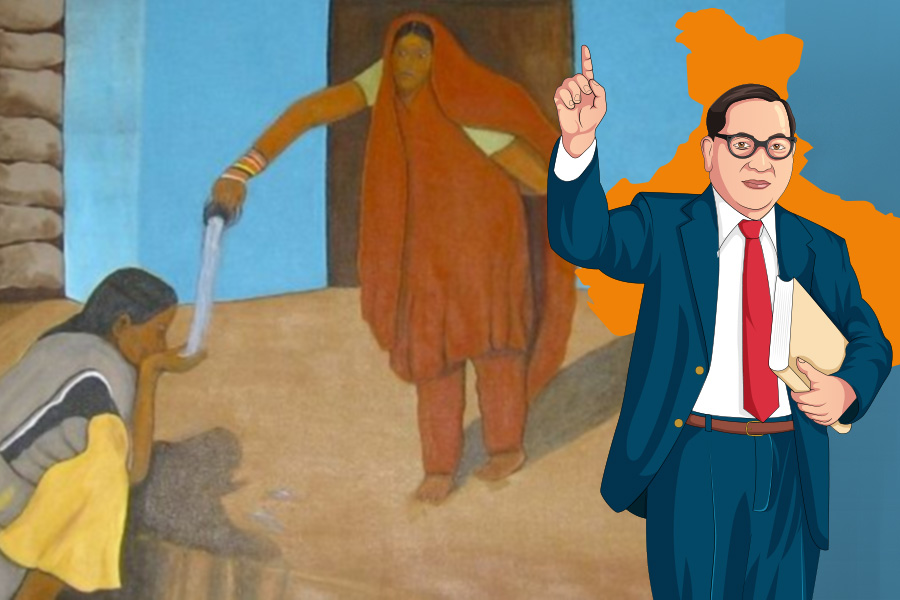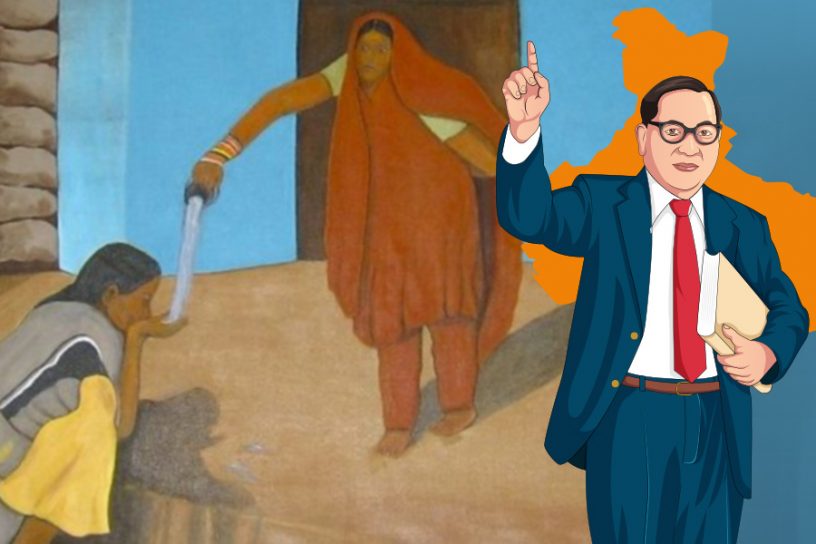
For correcting historic wrongs and charting a meaningful future growth trajectory for the scheduled population, an understanding that the down the stream implications of the historic injustices continue to create disadvantage is essential.
Authors
Mohammad Aquil, Lecturer, Jindal Global Law School, O.P. Jindal Global University, Sonipat, Haryana, India.
Amit Thorat, Centre for the Study of Regional Development, Jawaharlal Nehru University, New Delhi, India.
Summary
The historic legacy of being treated as untouchables and as caste-enslaved is seen to manifest itself in the present, when one observes the development indicators for the Scheduled Caste that seems to improve ever so slowly, without ever reaching the national average or at par with the best.
An acknowledgement and assessment of these historic injustices and an understanding that their down the stream implications continue to create disadvantage and the perpetuation of a developmental gap for the scheduled population is essential for correcting historic wrongs and charting a meaningful future growth trajectory.
Published in: Journal of Social Inclusion Studies
To read the full article, please click here.


